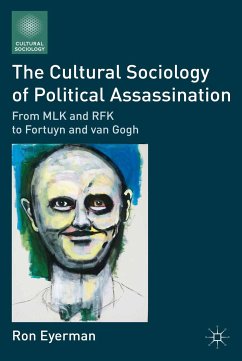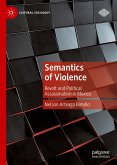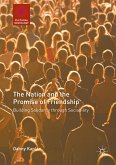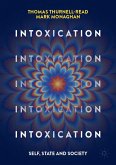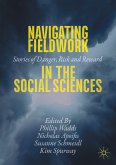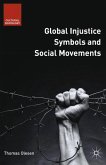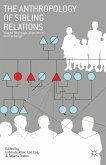Dieser Download kann aus rechtlichen Gründen nur mit Rechnungsadresse in A, B, BG, CY, CZ, D, DK, EW, E, FIN, F, GR, HR, H, IRL, I, LT, L, LR, M, NL, PL, P, R, S, SLO, SK ausgeliefert werden.
"Political assassinations can be deep cultural traumas, and as Ron Eyerman shows, analyzing them can yield important insights into national cultures. This book helpfully broadens thinking about political culture and also shows why certain political events matter beyond the limits of politics narrowly understood." - Craig Calhoun, President, Social Science Research Council; University Professor of the Social Sciences, New York University

